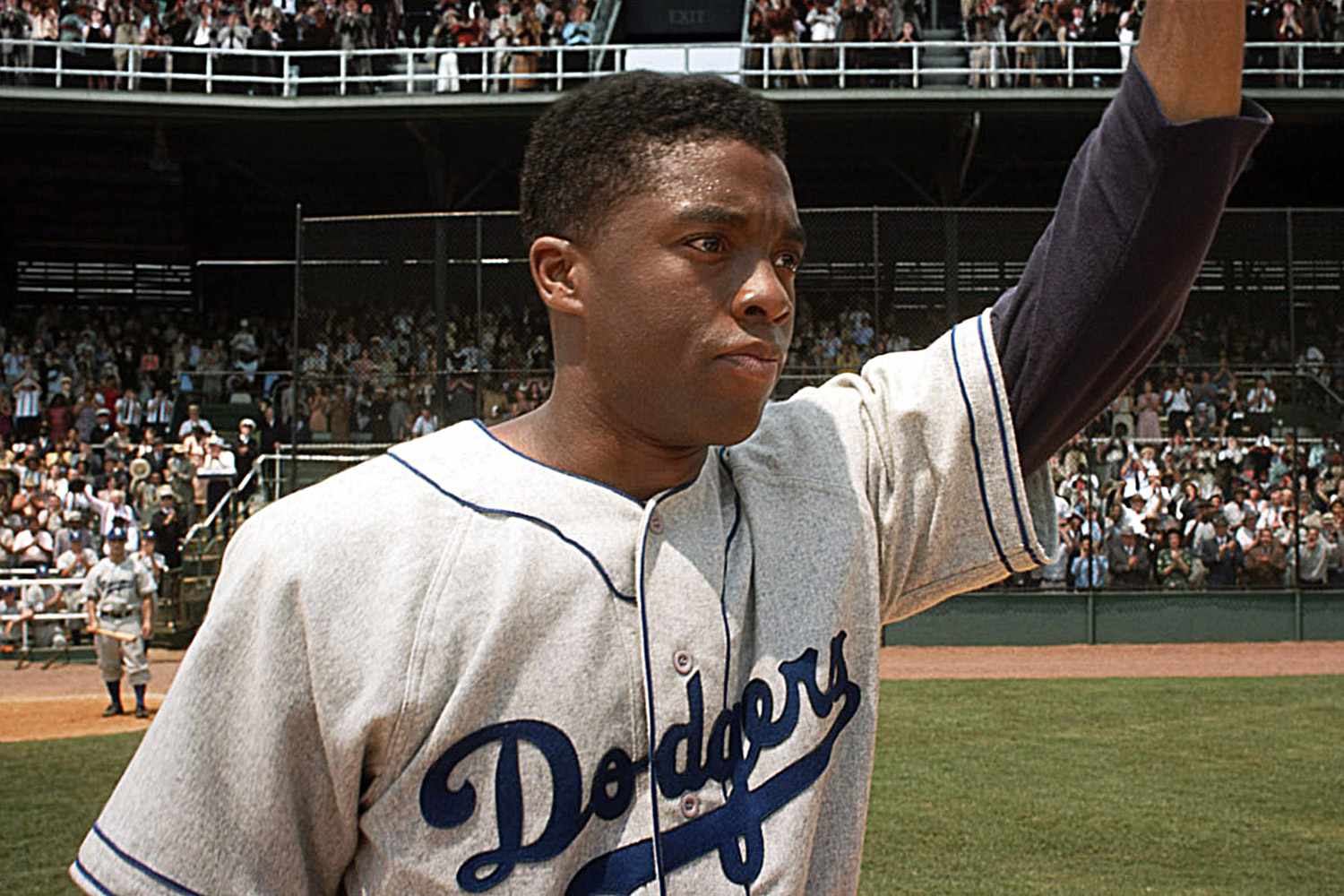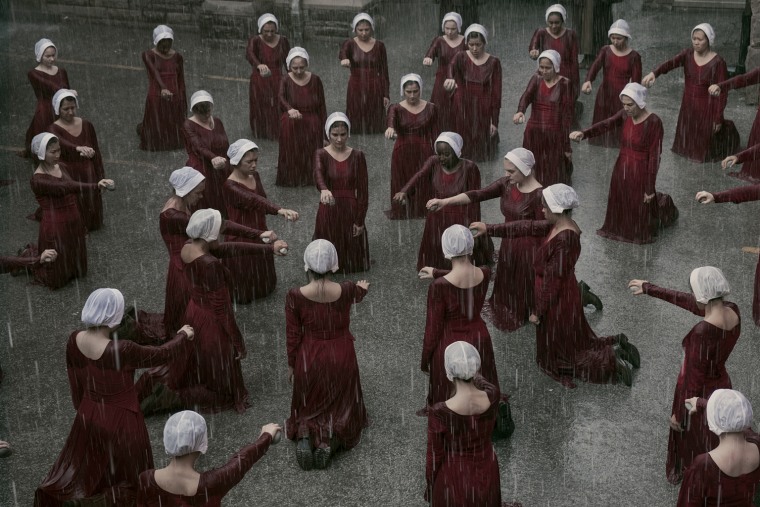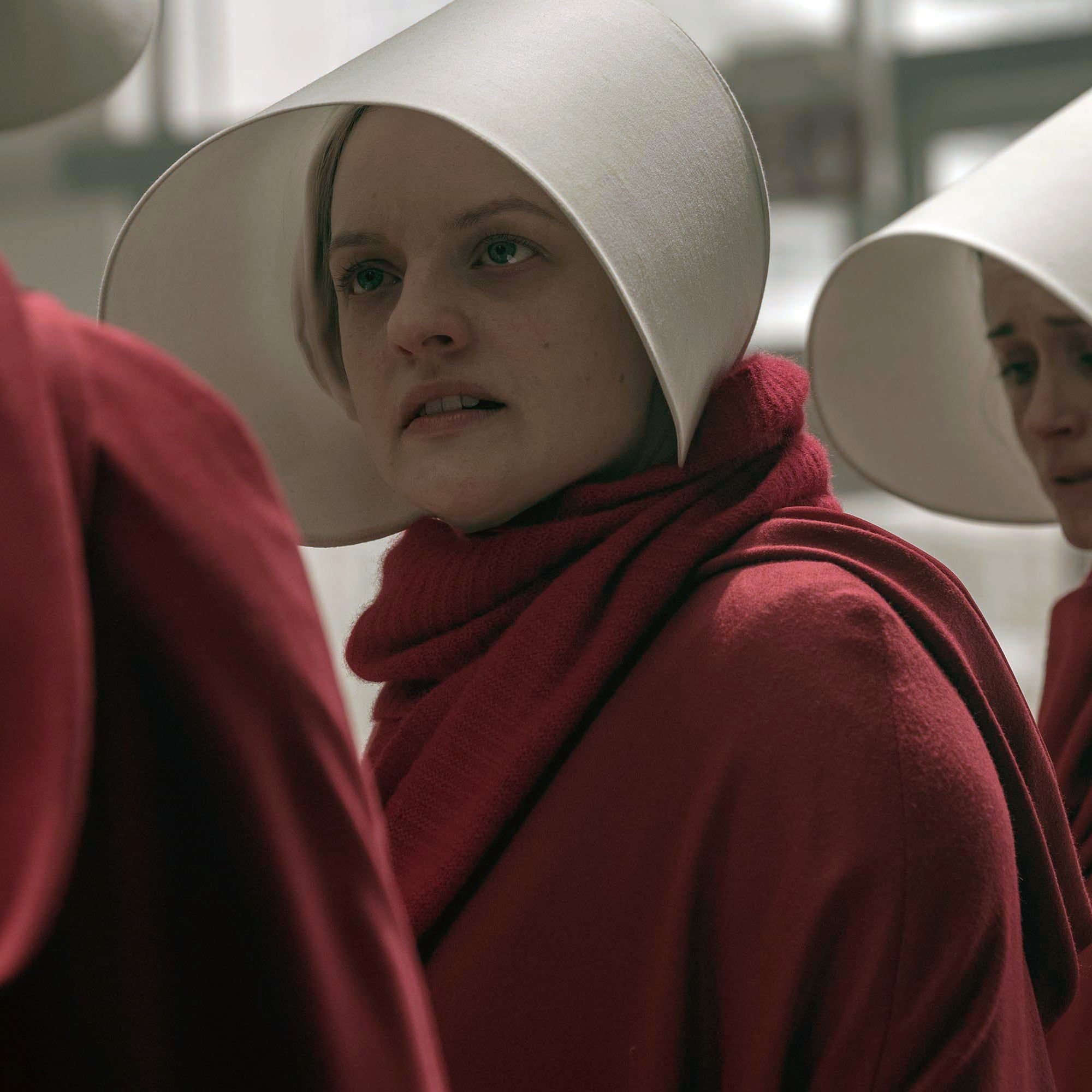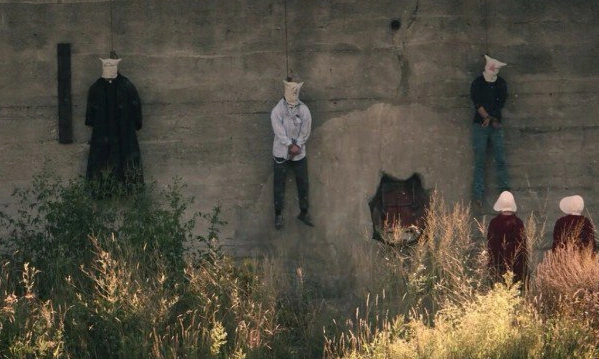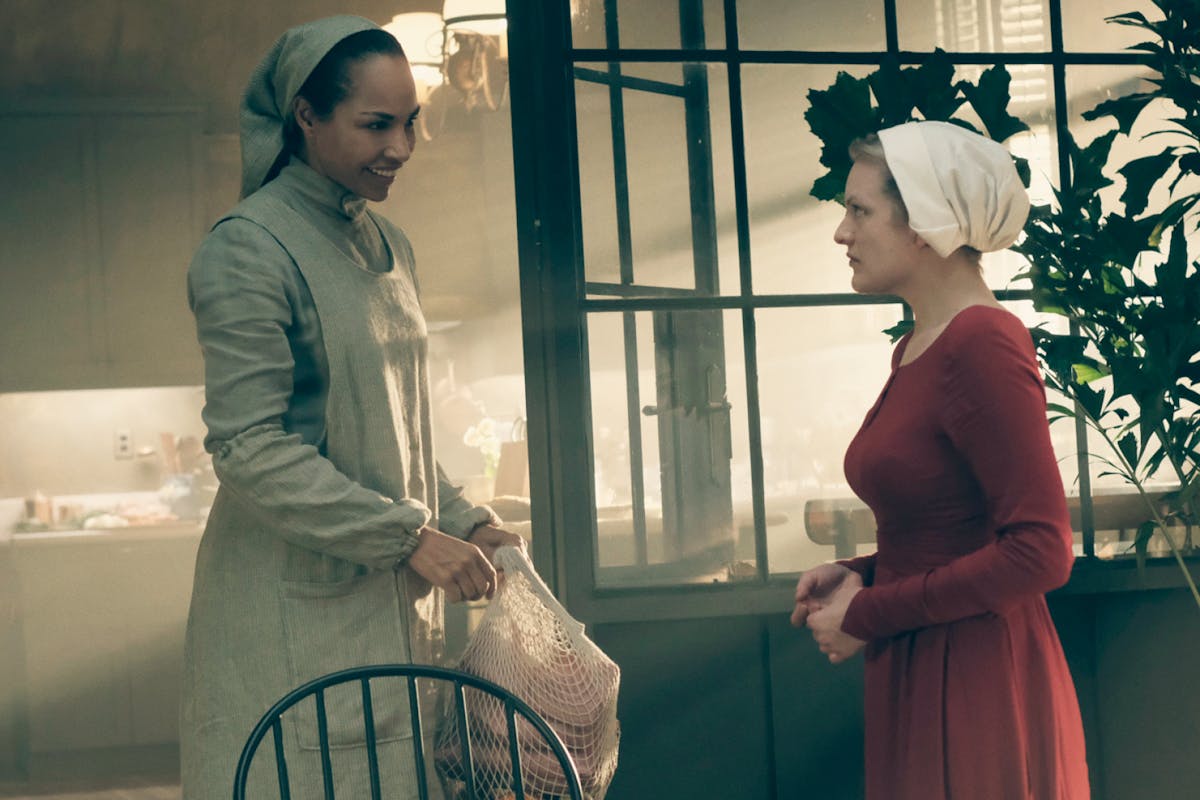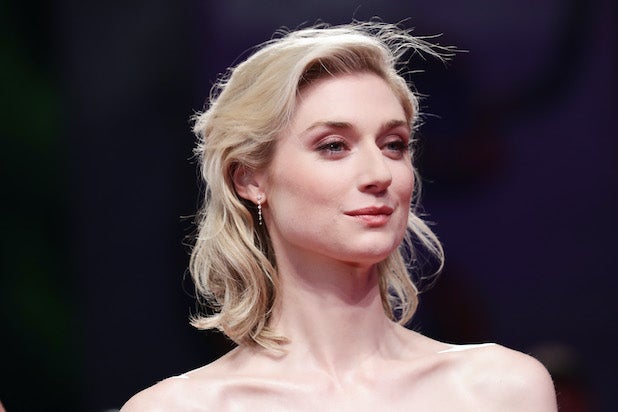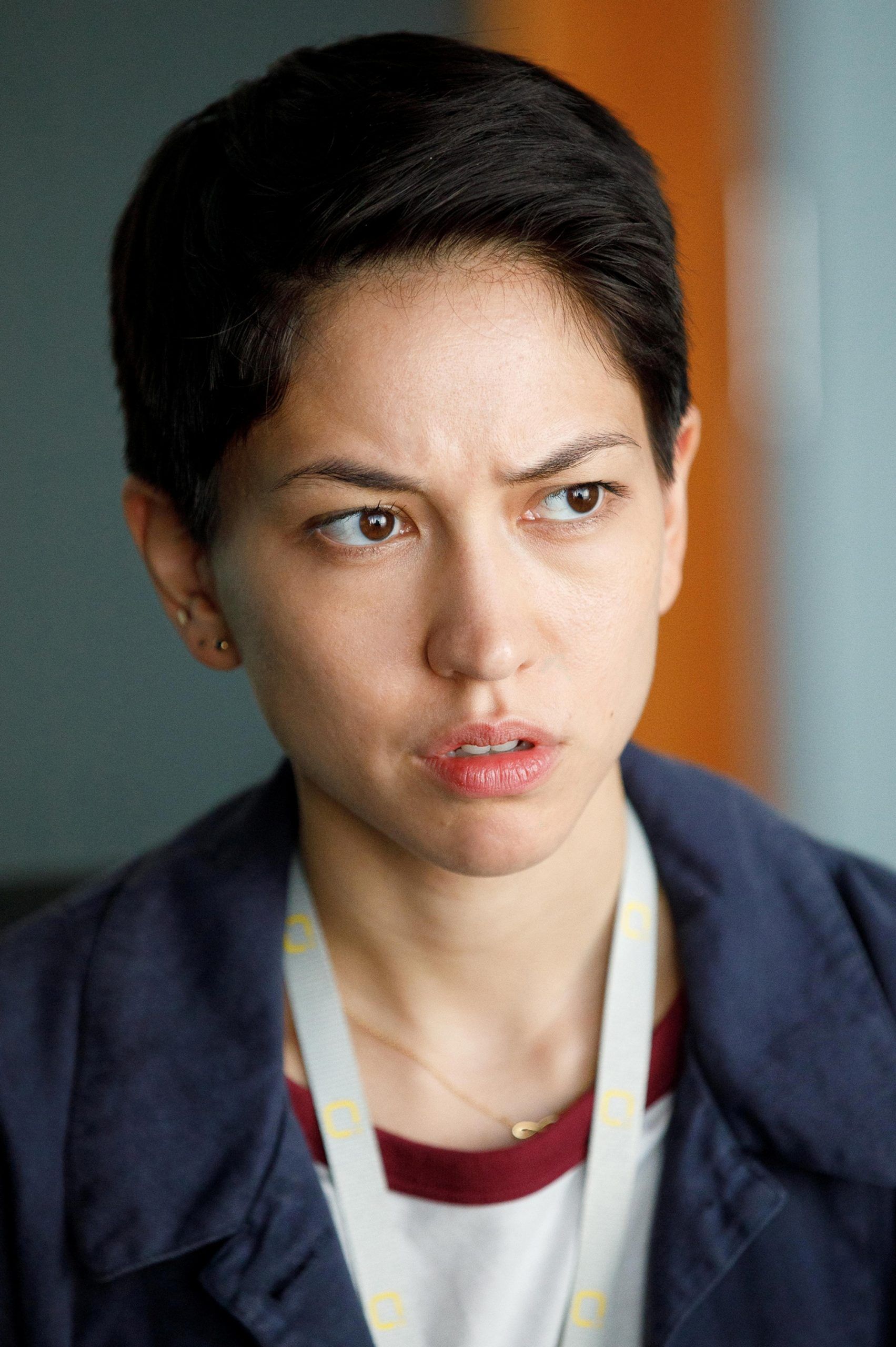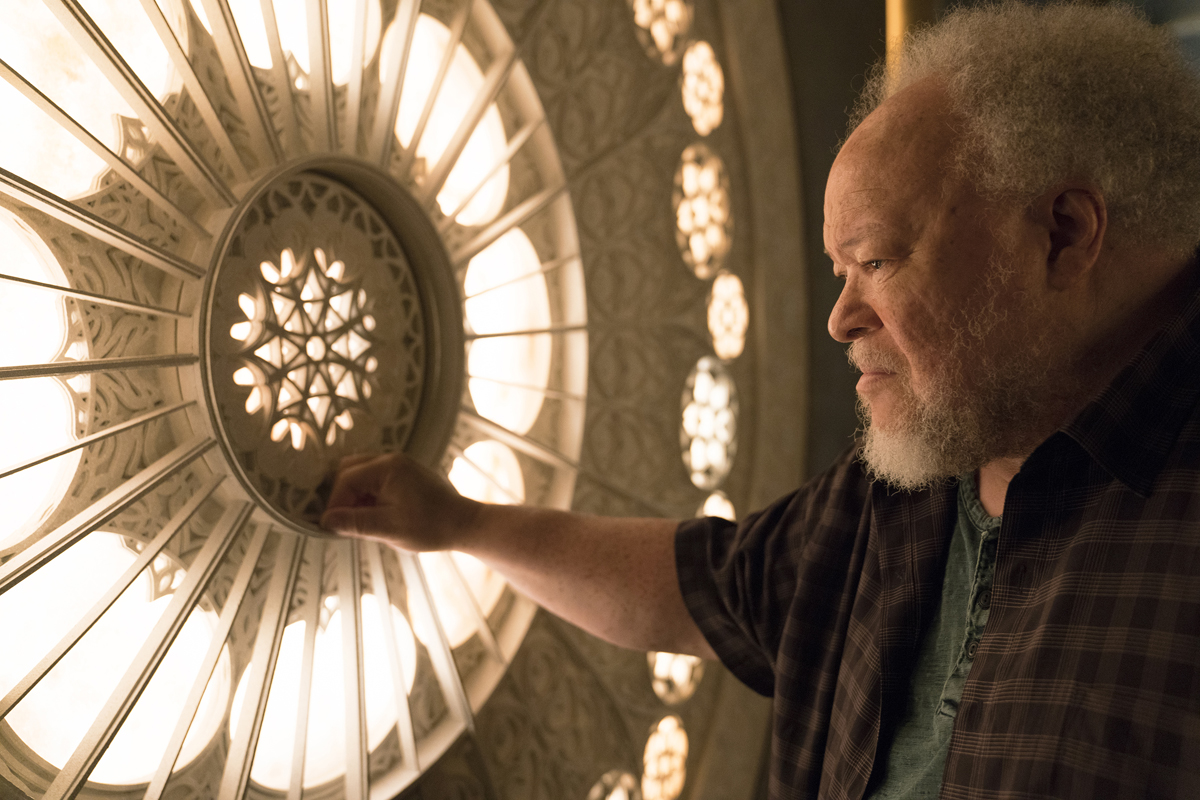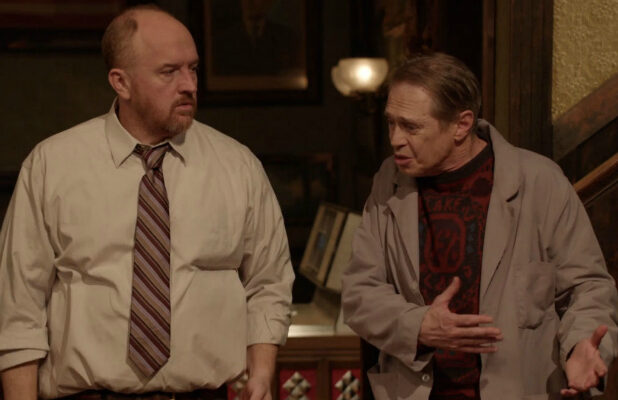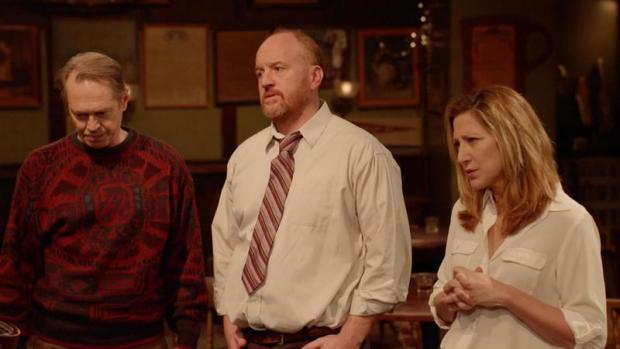Last year I went to the Hollywood Arclight--can't remember what movie I saw. (Those were the days.) But I do remember when I came out there were a bunch of women walking up and down Sunset wearing red cloaks and white bonnets. I recognized the costume as coming from the flagship Hulu series
The Handmaid's Tale. I'm still not sure if they were promoting the show or protesting something.
The Emmy-winning series is based on Margaret Atwood's 1985 novel, which I haven't read. Nor have I checked out the movie version, or the graphic novel, or the radio adaptation, or the opera. And, until about a week ago, I'd never seen the TV series. But I've just watched all ten episodes of the first season. It's pretty good, though I have some misgivings.
The series (and the novel, I assume) is about a dystopian society where a fanatical religious group has overthrown the U.S. government and created the republic of Gilead. It's a big country to take over all of, but I guess they managed. We mostly follow the story of Offred (Elisabeth Moss), whose thoughts narrate the show. She's a handmaid in the home of Commander Fred Waterford (Joseph Fiennes) and his wife Serena Joy (Yvonne Strahovski). "Offred" is a sort of title--handmaids get their names from the head of the household, thus she's "of Fred."
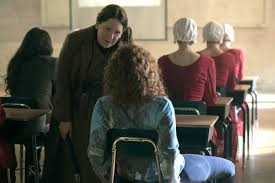
There has been a crisis in fertility, and few women can give birth. (It's not explained why, though it seem to be related to environmental damage.) So Gilead rounds up fertile women--Offred had a daughter in the previous society--and assigns them to powerful families to bear children. This is based on the biblical story of Rachel and her handmaid Bilhah. The household has a regular "Ceremony" where the handmaid lies between the husband and his wife while being impregnated.
Much of the show is about exploring this totalitarian society--how it functions and how it came to be. There are flashbacks where we see Offred--originally named June--in the before-times, which is pretty much the society we live in today (and I'm assuming in Atwood's novel was life in the 1980s). We get bits of information about how the fanatics assassinated government leaders and how citizens attempted to flee to safety in Canada.
But most of the show is set in what seems to be a New England town or suburb (where the authorities are wiping out all remnants of former place names). The handmaids are first brought to the Red Center, where they are indoctrinated by a sort of drill sergeant known as an Aunt. Like the handmaids, Aunts wear a particular uniform. The one we get to know is Aunt Lydia (Ann Dowd).
Failure to follow commands can be met with met with a poke from a cattle prod, and serious disobedience can end up with an eye plucked out. Upon graduation, the handmaids are assigned their homes. If they succeed in producing a child, they'll be sent to another home.
There are also Marthas--housemaids with their own uniforms--and Eyes--black-shirted types who watch over society to make sure everyone stays in line. Each handmaid partners with another handmaid when she goes out to shop. People who have committed crimes, such as homosexual acts, have their dead bodies hanging in public for all to see. There are also lesser punishments for some crimes, such as getting a hand cut off.
I think you get the idea. The question is how will Offred manage. Will she escape? Will she join the underground? Will she see her husband and daughter again? Will she get pregnant? And so forth and so on.
It's a well-imagined society, and seeing how it works (or fails to work) is the best part of the show. My main complaint it there are three seasons and will soon be a fourth, with no end in sight. If the main fun is discovering the ins and outs of a new society, seeing more and more adventures in this society might get tiresome. I'd rather enjoy the unveiling of Gilead and see if Offred succeeds or fails. Ongoing adventures don't sound as exciting. Though who knows, maybe I'll like later seasons just as much.
In general, the acting is fine, though the show, as a whole, is a bit overwrought, with too many meaningful silences.
As a side note, it is interesting how so many on the left have been frightened of the religious right over the past few decades. Every clash with them is painted as apocalyptic. There does seem to be a widespread fantasy that constant vigilance is required to prevent a takeover. This is especially funny as the religious right, as far as I can tell, has lost every major battle since the 1980s when Atwood published her novel. The best they've managed is a rear guard action, slowing down the opposing side, but never winning on any big point.
Certainly there have been religious totalitarian societies in the past, and, indeed, they exist in the present. And, of course, there have been totalitarian societies that weren't particularly religious, or were even explicitly anti-religion. While I don't think America will sink into totalitarianism, right now it would seem, if it did, the threat comes more from the left. Which makes watching the show an odd experience. Especially the reeducation scenes--nothing radical leftists love more than reeducation.

